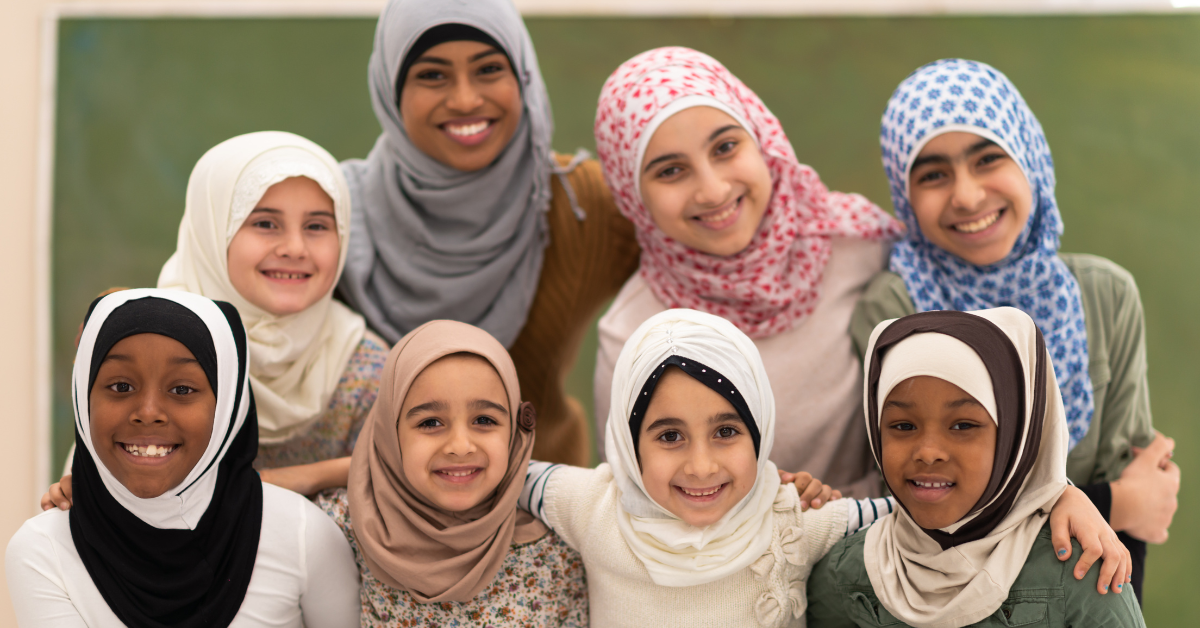From Aisha, the beloved wife of Prophet Muhammad (PBUH), to prominent female scholars like Fatima al-Fihri and Rabia Basri, women have consistently shaped Islamic education. Their contributions range from teaching and transmission of the Quran to enriching Islamic sciences through their intellectual thought. Recognizing and celebrating these historical contributions dispels misconceptions about the limited role of women in Islamic education.
Today, the empowerment of women in Islamic education is paramount. Opportunities for women to become Islamic scholars, teachers, and researchers not only enrich the learning environment but also provide diverse perspectives. By empowering women educators, we ensure a balanced and inclusive representation of Islamic knowledge, inspiring future generations to embrace the tradition with confidence.
Efforts must be made to expand and diversify educational opportunities for Muslim women. Islamic educational institutions should provide accessible and inclusive programs that cater to the needs and aspirations of women. Female participation in these institutions and curriculums should be encouraged, promoting the cultivation of female scholars, leaders, and role models.
Equally important is the nurturing of female learners within Islamic education. This includes creating safe and supportive environments that encourage young girls and women to explore and excel in their studies. By promoting the pursuit of knowledge as a fundamental right for all, we ensure the holistic development of Muslim women, empowering them to contribute to society positively.
The contributions of women in Islamic education, both historically and in the present day, are invaluable and deserve recognition. By empowering women as educators and learners, we nurture a vibrant, inclusive, and diverse Islamic education landscape, enriching hearts and minds with the wisdom of our faith.







 Special Giveaway Opportunity! Plus, score well and you could unlock an exclusive gift from our Academy. Dive in, and may your knowledge shine!
Special Giveaway Opportunity! Plus, score well and you could unlock an exclusive gift from our Academy. Dive in, and may your knowledge shine!

;?>/smartquizbuilder/includes/images/sqb-registration-img.jpg)
